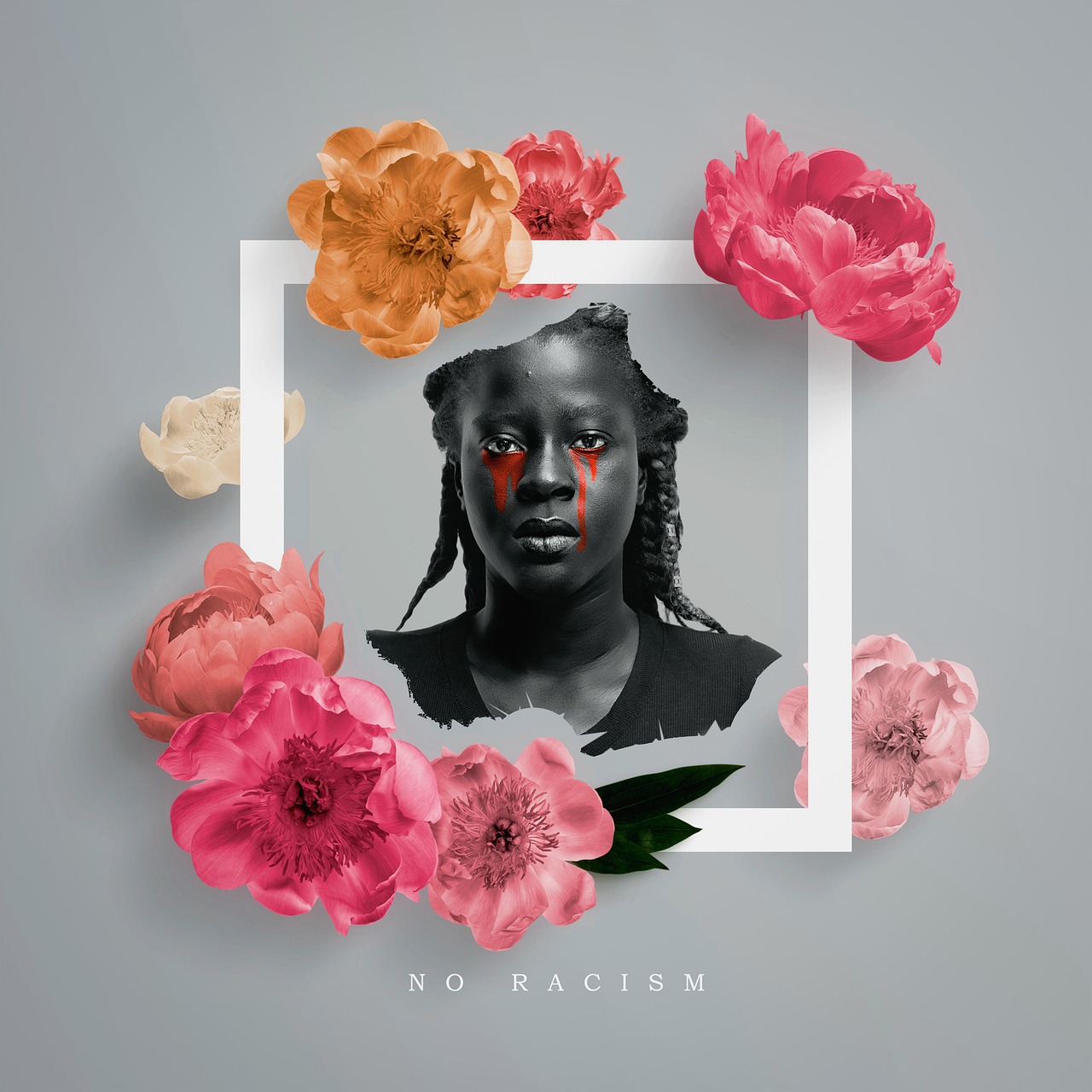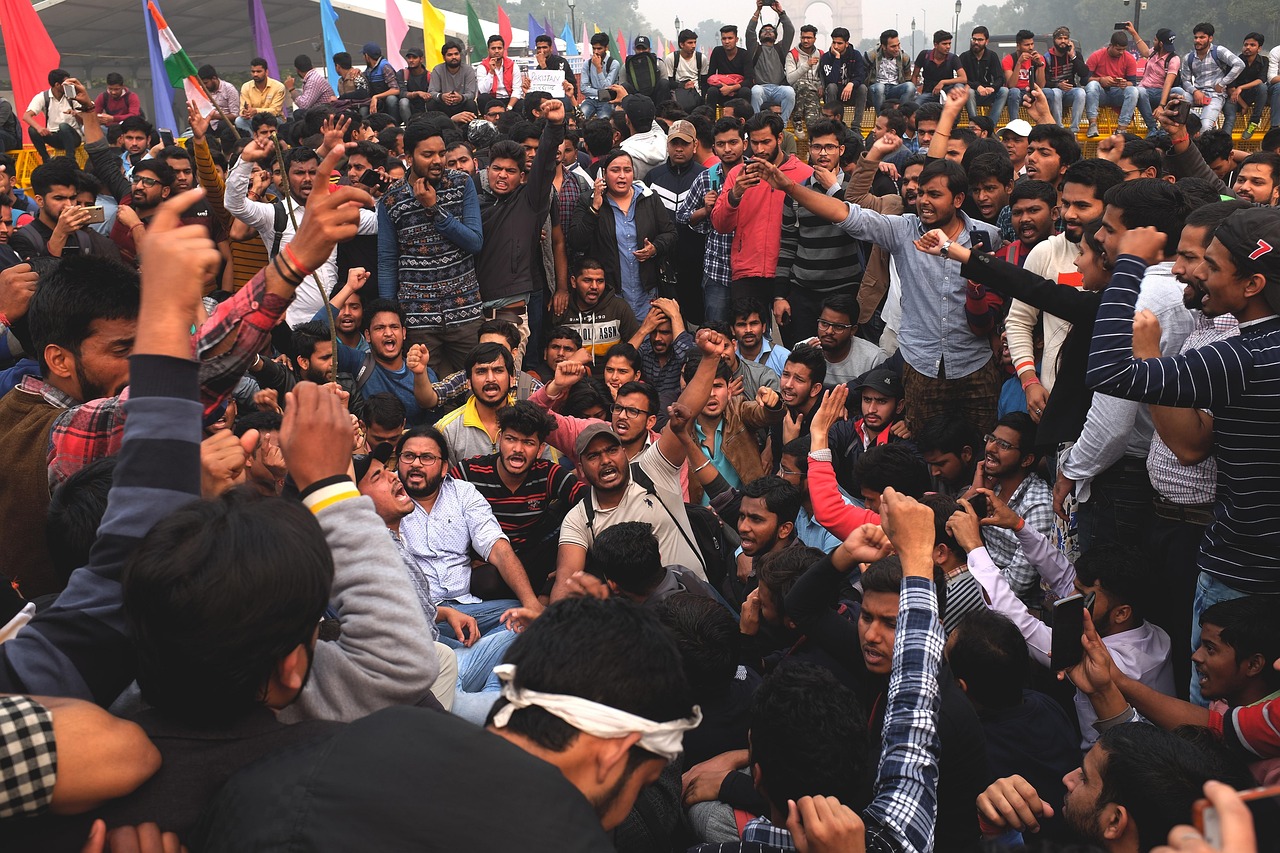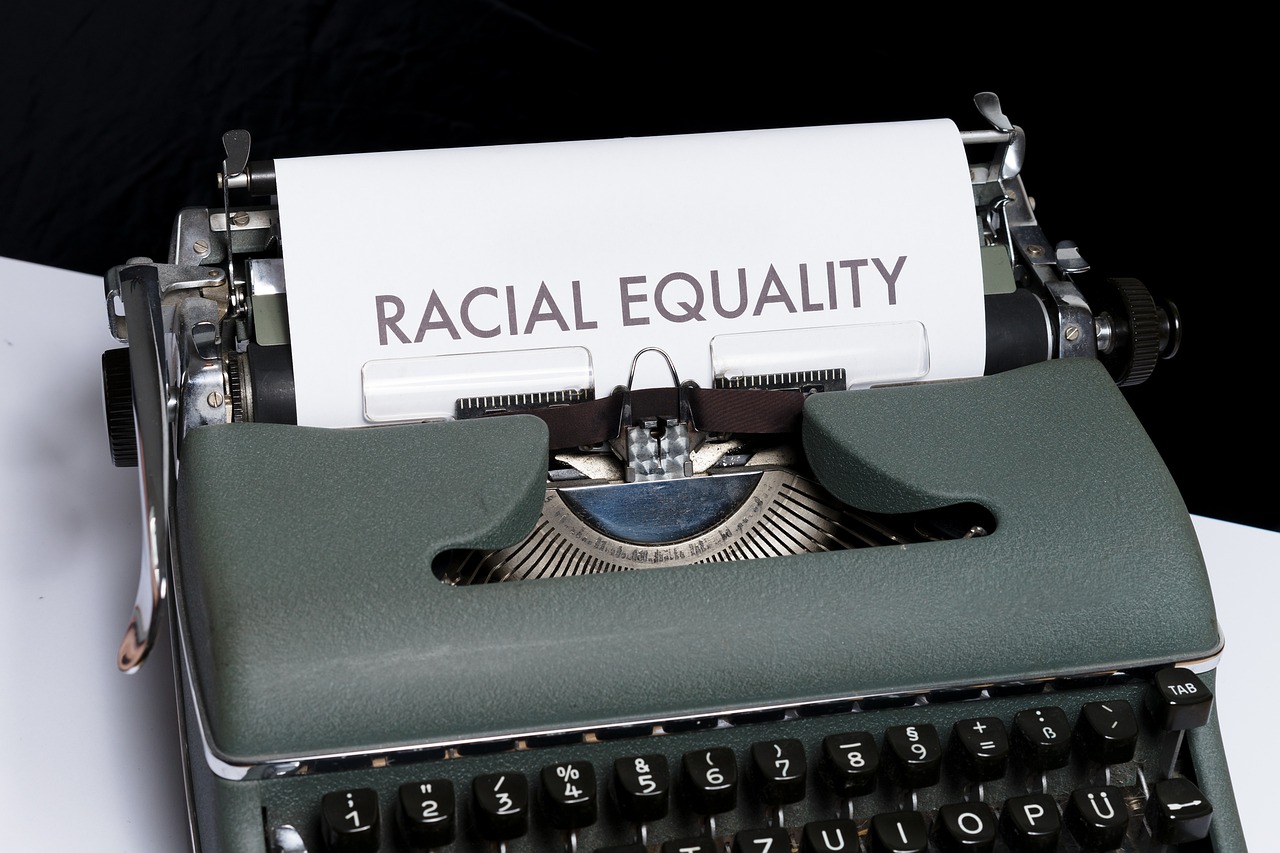
Understanding Racism
Racism is a deeply entrenched issue that affects many facets of society, including education, healthcare, and civil rights. It is defined as the marginalization and oppression of people of color based on a socially constructed racial hierarchy that favors another race. Recognizing this, it becomes clear that the fight against racism is not just a personal endeavor but a collective responsibility. By understanding the implications of racism, we can begin to dismantle the structures that perpetuate it.
Acknowledging Our Progress
The 20th century has seen significant progress in recognizing and addressing racism, yet there remains a long journey ahead. Studies show that while racial inequalities have decreased in many areas, disparities persist. For instance, a 2020 report by the Economic Policy Institute highlights that Black workers earn only 75% of what their white counterparts earn, illustrating ongoing economic disparities. This disparity underscores the need for continued awareness and action.

Cultivating Awareness
Awareness is the first step toward change. Just because racism may not be overt in our immediate circles does not mean it is absent. Passive racism, often unnoticed, contributes significantly to the problem. Acknowledging that racism exists, even in subtle forms, is crucial. This awareness can lead to more informed conversations and actions that promote inclusivity and equity.
Inspiring Change Through Quotes
Words have power, and many influential figures have shared insights on racism that can inspire action. For instance, Toni Morrison famously stated, “There is no such thing as race. None. There is just a human race.” This perspective encourages us to see beyond superficial differences and recognize our shared humanity. Such quotes serve as reflection prompts, helping us internalize the importance of fighting against prejudice and injustice.

Taking Action Against Racism
To combat racism effectively, we must go beyond being non-racist and embrace an anti-racist stance. Angela Davis articulated this concept succinctly: “In a racist society, it is not enough to be non-racist. We must be anti-racist.” This proactive approach involves confronting our biases and taking tangible steps to support marginalized communities. Engaging in community discussions, advocating for policy changes, and supporting organizations that promote racial equity are just a few ways to contribute meaningfully.

Embracing Diversity
Recognizing and celebrating diversity is a powerful tool in the fight against racism. As Audre Lorde expressed, “It is not our differences that divide us. It is our inability to recognize, accept, and celebrate those differences.” By fostering environments where diverse voices are heard and valued, we can create inclusive spaces that empower all individuals to thrive. This commitment to diversity not only enriches our communities but also strengthens our collective resilience against racism.

Reflecting on Our Responsibilities
Each of us has a role to play in combating racism. As Michelle Obama noted, “Race and racism is a reality that so many of us grow up learning to just deal with.” However, it is crucial for everyone—regardless of their background—to engage in the necessary, sometimes uncomfortable, work of addressing racism. This involves self-reflection, educating ourselves about racial issues, and actively participating in efforts to create a more equitable society.
The Power of Love Over Hate
Nelson Mandela once stated, “No one is born hating another person because of the color of his skin.” This powerful reminder emphasizes that hate is learned and can be unlearned through love and understanding. By promoting compassion and empathy, we can counteract the negative effects of racism and foster a culture of acceptance and unity.

Building a Better Future
As we reflect on the words of influential leaders and thinkers, it becomes evident that the journey toward racial equality requires collective action and commitment. Each quote serves as a call to action, urging us to take steps that contribute to a more just world. By fostering awareness, embracing diversity, and committing to anti-racist practices, we can work together to build a brighter future for generations to come.

Conclusion
The fight against racism is ongoing, and it requires the active participation of all individuals. By acknowledging the existence of racism, understanding its impact, and taking meaningful actions, we can create a society where everyone is valued and respected. Let us draw inspiration from those who have come before us and commit to the work of dismantling racism in all its forms. Together, we can make a difference.
